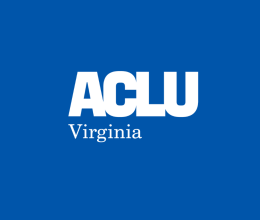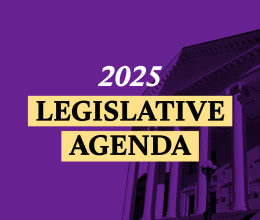
ACLU of Virginia lawyer sent letter advising against sectarian invocations
Richmond, VA – Dumfries Town Council last night voted unanimously to open its meetings with a moment of silence. The decision came a day after council members received a letter from the American Civil Liberties Union of Virginia reminding them that opening prayers, if any, must be nonsectarian.
“This is a wise decision on the part of Dumfries Town Council,” said ACLU of Virginia Executive Director Kent Willis. “Although the Supreme Court has ruled that legislative bodies may open their meetings with prayers that do not refer to particular religious beliefs, government officials often find it difficult to implement policies that allow some kinds of prayers and not others.”
“A moment of silence accomplishes everything that an opening prayer does and more,” added Willis. “The gathering is solemnized by a brief period of reflection, yet everyone who is present, including both believers and non-believers, can use the moment as they choose.”
Yesterday’s decision comes in the wake of a request in April by council member Jerry Foreman for a review of the legality of a 2010 resolution that not only prohibited sectarian prayers at the beginning of meetings, but expressly prohibited Christian prayers. Foreman said he found it offensive that the town’s policy explicitly banned invocations that used phrases such as “In Jesus’ name we pray.”
The ACLU’s letter, sent by Legal Director Rebecca K. Glenberg, did not address the existing Dumfries policy, but cited extensive federal case law requiring that invocations at legislative meetings be nonsectarian. Among other cases, Glenberg noted that a federal court recently ordered members of the Board of Supervisors of Pittsylvania County to cease its practice of offering sectarian prayers at meetings. Glenberg suggested that the best alternatives would be no prayer or a minute of silence.
According to news reports, Councilwoman Kristen Forrester took note of the ACLU’s letter during last night’s discussion. “I would just again reference the email this week, sent by the ACLU,” said Forrester, “that if we head in any other direction than what they advised us to do, which was pretty clear in that email, then they will seek an injunction against us.”
A copy of Glenberg’s letter sent to Dumfries Town Council can be found online at: https://acluva.org/wp-content/uploads/2012/05/20120521DumfriesPrayerLtr.pdf


